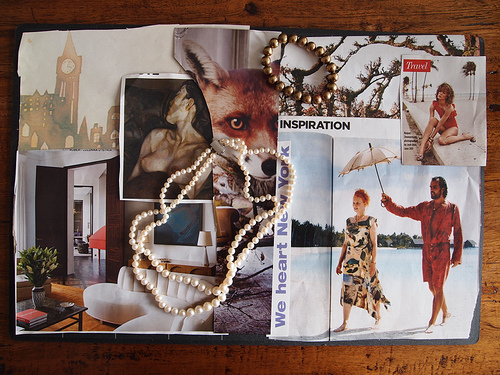
At first, Pinterest may seem like a strange option for authors, who tend to spend most of our time with words and large, text-based manuscripts, to spend time or put marketing energy. How can those of us who are in love with words find motivation and success on a social media platform built entirely around images?
The fact is, Pinterest is one of the fastest-growing social networks out there, and it has one of the best conversion rates for purchases by people who click through from an image. To get an idea of how to use Pinterest as an author, I recommend this post on JaneFriedman.com.
Here are some of the basic ways to approach and use Pinterest as an author:
1. Pictures and Quotes: Pinterest is a visual network, so things that are visually arresting and enticing work best. This means that your cover(s), your illustrations, and great, simple quotes from your book will do an especially good job of attracting "Re-pins," the Pinterst equivalent of a Retweet on Twitter or Share on Facebook. And the way Pinterest works, you can link those images and quotes directly back to wherever you like, so you will increase traffic to your Amazon book listing or your author website.
2. Readers use Pinterest: Rachelle Gardner makes a great point in her post about Pinterest. She says: "Remember, not everyone is a writer like you." Indeed. Writers and authors make up a very small portion of the world. Most people using the Internet prefer pictures. They like to browse. These people are your readers. Just because you wouldn't be on Pinterest much because you prefer to read longer things doesn't mean that you shouldn't be using Pinterest to connect with people who like images on the web but also reading books when they are offline.
3. Be clear, not cryptic: The main categorization tool on Pinterest is creating "boards" that orbit around a theme. For example, "Inspirational Quotes" or "Ocean Scenes." Melissa Donovan wrote a great post on TheCreativePenn.com about best practices for using Pinterest as an author. She writes, "Keep it clear: Use descriptive rather than cryptic or creative labels for your boards so pinners can find you when they conduct searches." That's great advice. Remember when you do make Pinterest boards that you are not naming them for your own categorization as much as you are naming them for other people to find them. What are people searching for? What are other successful boards called?
Are you using Pinterest as an author? What has been successful for you?
Image source: insideology via flickr

2 comments